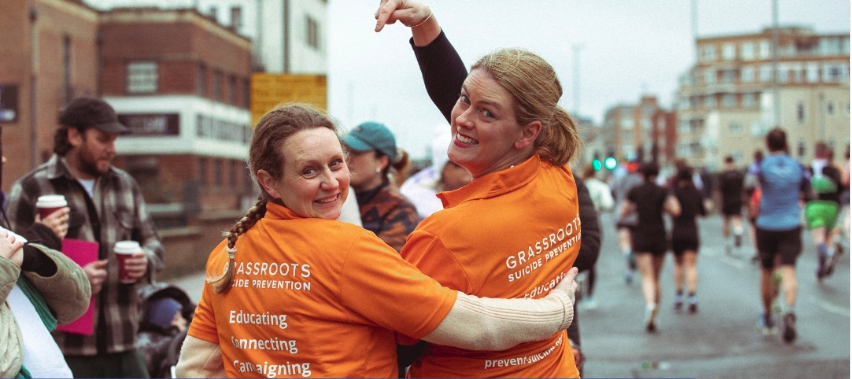As Chair of Grassroots Suicide Prevention in Brighton, I know first-hand the immense value trustees bring to a charity. A good board of trustees is critical; it guides the charity strategically, ensures accountability and enriches decision-making from different viewpoints. But how do you go about finding the right charity trustee role that suits your skills, passion and time commitments?
What Does a Charity Trustee Do?
Trustees play a strategic role. They set the charity’s vision and oversee its financial health and compliance with the law. Importantly, they are not involved in the day-to-day running of the charity but instead provide guidance, accountability and objective oversight.
The Charity Commission guidance says that trustees must always act in their charity’s best interests and are responsible for making key decisions and overseeing organisational operations (Charity Commission, Trustee Roles and Responsibilities).
Diversity Matters
Charities hugely benefit from having a diverse board. Diversity includes gender, ethnicity, age, professional background, life experiences and personal perspectives. A diverse board ensures richer and varied discussions, more effective decision-making and improved strategic insights.
Grassroots Suicide Prevention understands that suicide affects people across all communities and backgrounds. Having diverse trustees and lived experience advisory groups enables the charity to better represent and serve its community.
Why Become a Trustee?
Being a trustee is incredibly rewarding. It allows you to contribute your professional expertise, lived experiences or simply your passion for a cause. Trusteeship also provides personal development opportunities, networking and the deep satisfaction of supporting meaningful change in society.
Finding the Right Charity Trustee Role
Identify a charity whose mission aligns with your values and interests. Consider your availability and the skills you wish to offer. Many charities welcome trustees from varied backgrounds and actively seek to diversify their boards.
Resources such as Getting On Board provide invaluable guidance for those looking to embark on trusteeship. Additionally, contacting charities directly or exploring vacancies advertised online can help you find the perfect role.
Taking the Next Step
If you want to use your skills to make a genuine difference, becoming a trustee is an excellent route. Explore resources provided by The Charity Commission, review charity websites, or speak directly to current trustees to understand how you can contribute.
By joining a board, you’ll not only strengthen a charity but also gain a fulfilling experience that brings you closer to the heart of causes you deeply care about.


